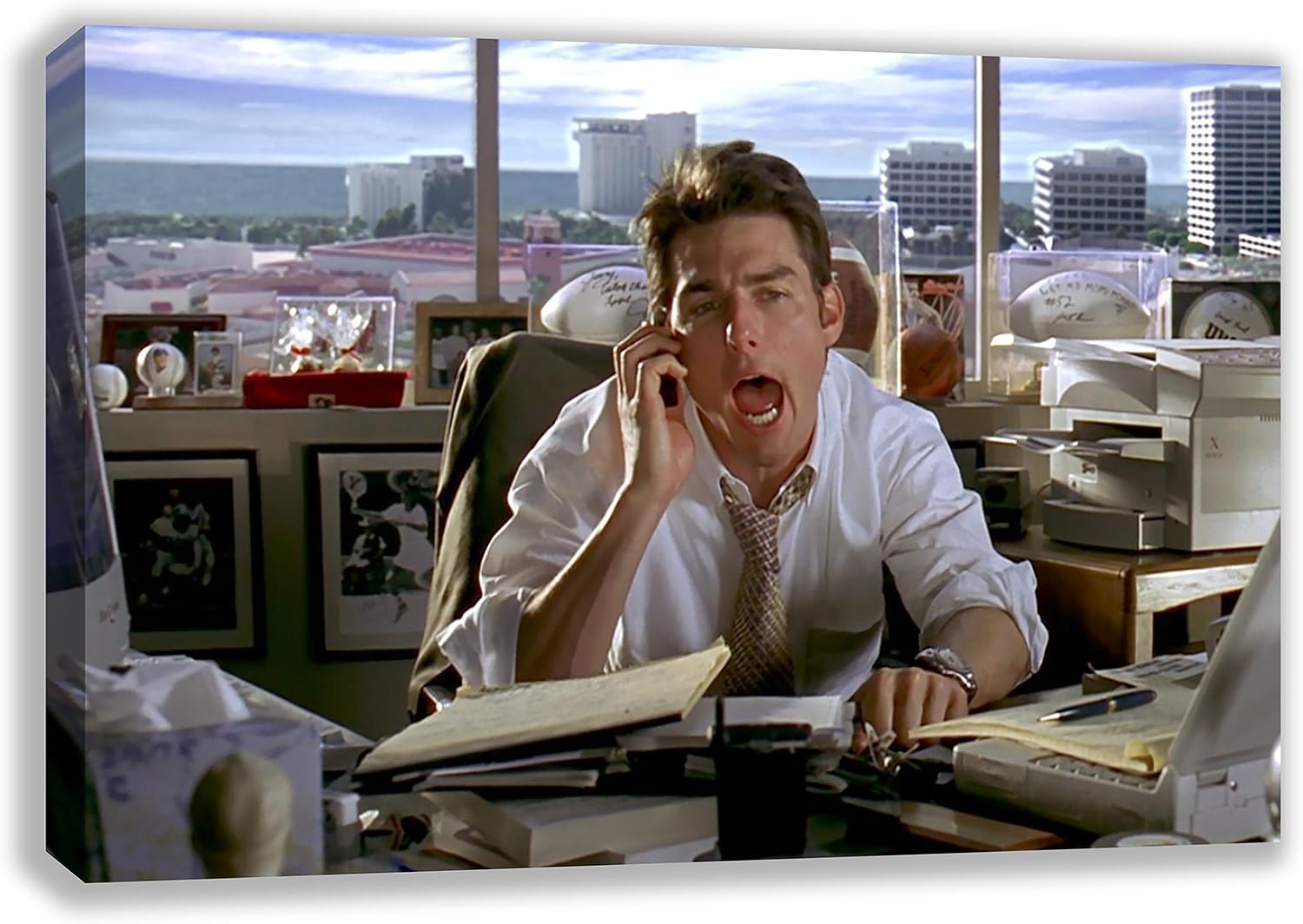Are Paid WordPress Themes Worth the Cost?

“SHOW ME THE MONEY!” is something a lot of NFL players seemed to be shouting recently, as several skill players managed to hit milestones that awarded them contract bonuses, such as one player who earned a $3M bonus on the last play of the game.
I’m not here to ask you to show me the money, however. Rather, I’m going to suggest that paying for WordPress themes can, in some cases, be very worth the cost.
Work with WordPress for any length of time and you’ll soon see how important a theme is. There are many great free themes out there, and if you choose to work with them, more power to you.
But what about paid themes? Why would someone want to use one? Here are a few reasons:
Additional functionality
Many paid themes build in their own tools that can help with site building. Maybe they make something possible, or easier to accomplish. One example would be a paid theme that allows pages to have a custom header and footer, allowing you to build one site that can function as two or more (without the need for in-depth CSS tinkering).
Support
When you’re paying someone for something, they are generally much more likely to give you assistance. This is especially true if you are a company that might return for more purchases in the future. It simply makes sense to try to keep customers happy so that they return and give you more business.
Speed
Many paid themes come with “demo” sites that can be imported, giving you a headstart on site development. I certainly don’t recommend importing a demo, changing the business name and a bit of text and calling it good, however.
Quality
As a professional product, a paid theme will typically be developed to a higher standard. This isn’t always the case, however. Be sure to check the reviews of a theme before purchasing.
Paid themes aren’t for everyone. If you’re thinking of using a paid theme, consider the following:
Will I be switching themes down the road?
The additional functionality added by a paid theme is great, but down the road if you want to use a new theme, it will mean re-doing any elements that utilize that additional functionality. Most businesses need a website refresh every few years anyway, so this may not be an issue.
Will a paid theme slow down my website?
Some paid themes add in a bunch of functionality and required plugins by default, whether you’ll need them or not. Known as “bloat,” this can cause your site to run slow. Try to use a theme that allows you to pick and choose which functionality/plugins you want when you’re installing it. Bonus points if you can add/remove these items down the road.
Will my paid theme make it harder to administer the site?
Some paid themes include their own custom editor. Many times the custom editor can be easy to use, but other times it can be confusing. To be safe, I’d recommend purchasing a theme that uses a common editor such as Elementor or WPBakery.
I’m no Tom Cruise, and this isn’t me trying to be an agent for paid theme developers. In the end, maybe you’ll choose a paid theme, or maybe a free theme. Maybe you’ll say “You had me at Hello (Elementor).”
Editor’s note, Kalvin has been issued one demerit for the incredibly niche (and bad) joke used to finish off this article.